Unchaining the liberators of young minds: Why is the independence of educational institutes cardinal in protecting India’s democracy?
In a symbolic turn of events, Unacademy tutor Karan Sangwan and Ashoka University Professor Sabyasachi Das faced termination after their content offended Modi loyalists.
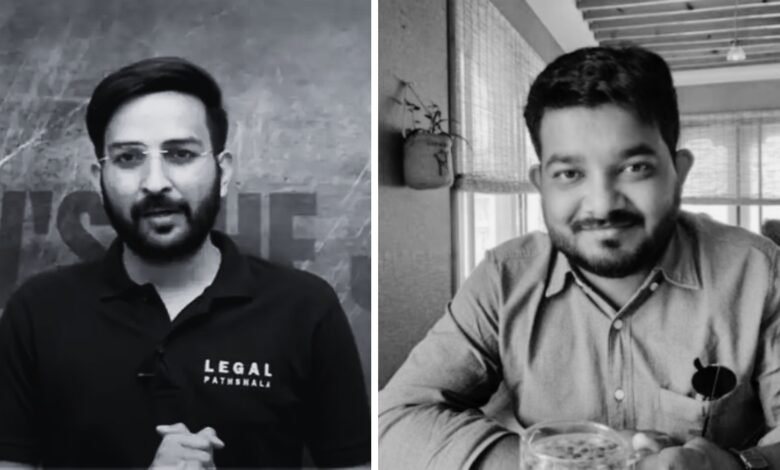
On August 14th, a video featuring a clip from an online class session hosted by a tutor at Unacademy, Karan Sangwan, went viral on Twitter. In the 37-second-long video, Sangwan was urging his students to vote for an ‘educated’ person in the next elections.
Some active functionaries of the IT Cell targeted Sangwan, claiming he was prompting his students not to vote for Prime Minister Modi, and had brazenly called Modi “uneducated.” Three days later, on August 17th, Sangwan got sacked by Unacademy on charges of violating the ed-tech company’s Employees’ Code of Conduct.
The sacking of the student’s-favourite teacher gave way to much outrage, where netizens grilled Unacademy and its owner Roman Saini for their ambiguous reasoning behind dismissing their employee over a seemingly generic and benign statement.
Recently, another generic statement uttered by the Bollywood Actress Kajol during an interview on an online media portal caused all hell to break loose. During the interview Kajol commented that citizens today were being governed by such political leaders who “do not have an educational background.” She, too, faced brutal trolling and was forced to revoke her statements later.
The opposition leaders like AAP’s Arvind Kejriwal and INC’s Supriya Shrinate seized the opportunity to corner the BJP and its loyalists over their apparent soreness with harmless remarks on ‘the necessity of education.’ They made it a point to establish how the Modi government employed malicious mechanisms to cleanse dissent. Delhi CM Kejriwal asked whether it was a crime to request people to vote for ‘educated people’.
Another similar incident has created severe discontentment amongst the academicians of Ashoka University, where an erudite Professor, Sabyasachi Das, got coerced into resigning following his research paper against the Modi government where he illustrated the BJP’s allegedly ‘deceitful’ tactics to secure victory in the 2019 Lok Sabha elections.
Either way, censorship of differing opinions in educational institutes is now a well-recorded fact, and we will illustrate the gravity of the situation primarily through these two cases.
Karan Sangwan’s sacking:
On August 12th, Karan Sangwan took an online class during which he expressed his discontentment with the changes made to the British Era IPC, CrPC, Indian Evidence Act, and Criminal Law as prescribed by the Central government.

Karan has an LLM (Masters of Law) degree to his name and has been a teacher for the past seven years, and joined the Unacademy in 2021. As per the changes directed by the Central government on his subject matter, the preceding notes (before the changes) by Karan got rendered useless overnight.
Thus, while expressing his frustration, Karan said, “I was left puzzled (by the changes), and I was confused whether I should be laughing or crying! I had many ‘bare acts,’ ‘ caseloads,’ and notes made on the subject. It is hard work for everyone, and now you must work hard too.“
He continued, “Just remember this: whenever you vote next, vote for someone educated so that we won’t ever have to face all these again. Don’t choose such people who only change names. Make your decision properly.”
Not once did he mention any political party or politician. However, several dissenters abused Karan and accused him of calling PM Modi ‘uneducated’ and appealing to his students against voting for the BJP. They blamed Karan for flagging “Anti-Modi” propaganda and peddling political opinions under the camouflage of education.
They tagged Unacademy’s founder, Roman Saini, and asked him if he adhered to such bias against the people-elected government of India. Roman Saini later wrote on Twitter that the classroom was not a space to endorse personal opinions. He mentioned how Karan Sangwan’s lecture might have created a ‘negative impression’ in the student’s minds, which stood against the company’s Employees’ Code of Conduct and resulted in his sacking.
The Netizens were quick enough to highlight Saini’s previous tweets, where he had used the platform to laud governments several times. Saini had once tweeted (post demonetisation), “News Channels had prepared for Clinton and Trump. Modi came out of syllabus and did a surgical strike on corrupt people with black money.”
Soon, #UninstallUnacademy started trending online, and within 24 hours, over a lakh users uninstalled it putting the application into a ‘breakout stage’ according to Google trends. Today, Saini has been deleting several of his ‘pro-government’ tweets, where he had directly used the platform to promote a politically motivated move (demonetisation) but fired his employee for making a generic statement that got rendered political.
Ashoka University Professor Sabyasachi Das got forced to quit:
On July 25th, an Assistant Professor of Economics at Ashoka University, Sabyasachi Das, published a research paper named “Demographic Backsliding in the World’s Largest Democracy” on the Social Science Research Network (SSRN).

In this paper, Das explores and alleges that the Modi government employed shady and unfair mechanisms of electoral manipulations to gain a disproportionate edge in the closely contested Lok Sabha polls in 2019. Das emphasises how the BJP secured an overwhelming vote share, particularly in the contemporary BJP-ruled states.
Soon after the report got published, Ashoka University’s management allegedly pressured Professor Das to resign. Vice-Chancellor Somak Raychaudhury brazenly maintained that Das’ research was perceived by many as reflecting the views of the university. The university distanced itself from Das, citing that his research had failed to complete a ‘critical review process.’
The faculty, however, refused to yield under pressure and stood in solidarity against Das’ ostracisation. They asserted, “By backsliding on Dr Das’ academic freedom because the topic he chose to study was inconvenient to one political party, the university violates several principles of academic freedom. The fact is that the government is applying equal pressure on both private and public universities /institutions. Ashoka, by caving into the pressure, is falling short of its own declared vision.”
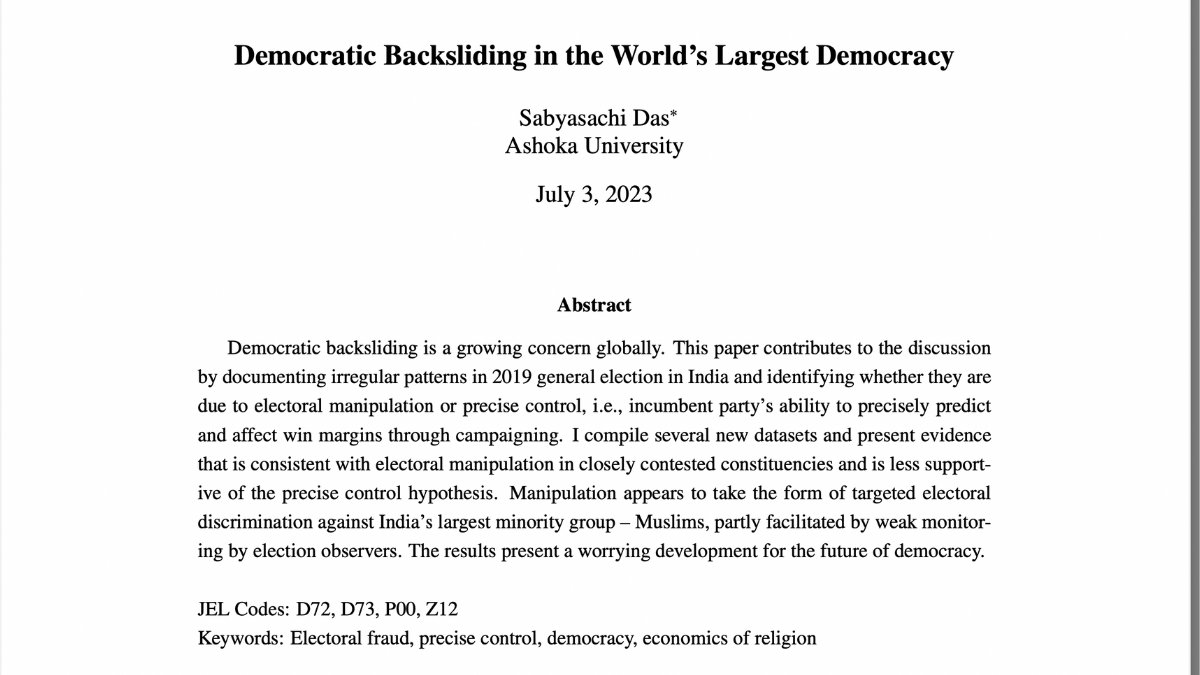
You can download and read the research paper ‘Demographic Backsliding in the World’s Largest Democracy’ here Download.
Conclusion:
Both the cases mentioned above drag our attention to a very peculiar juncture. Unless we are living under a rock, most of us are already aware of the extreme censorship of dissent at government-funded universities. However, the unfortunate plea of private universities and coaching platforms should act as a wake-up call for us to introspect and familiarise ourselves with the path that we have taken.
Imbecilic terms like “UPSC Jihad” and fabricated concepts like “Anti-national and Anti-Hindu coaching centres” had already waged war against our intellect. Now, any platform facilitating public discourse and opinion faces a risk of coming under the scanner.
The basic ideology behind any educational institute is providing an arena of ‘contrasting views’ to coexist and evolve. If dissent and counter-arguments do not conclude through debates, the purpose of these institutions ceases to align with education, and they transform into mere mouthpieces of the government.
Someone had rightly commented, “Politics is the divisive issue of our time. And the only way through divisive issues is education.” Education provides the dictums of discord and the ability to tolerate dissent.
Unless we agree to disagree, the practical use of our democratic rights and freedom ceases to exist.
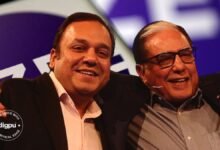

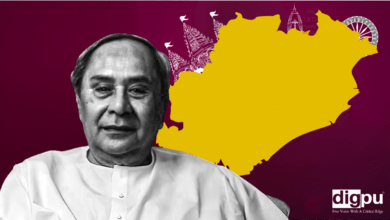
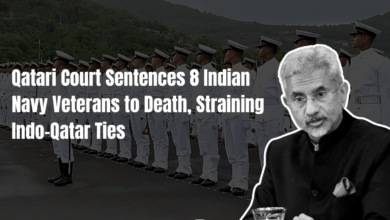

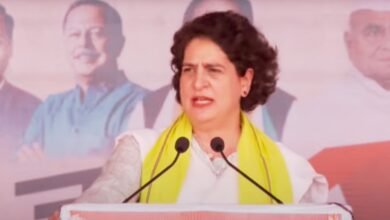
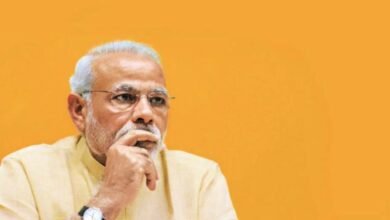

unacademy is a coaching institution , not an educational institution plus his concerns are appreciated but not really needed .